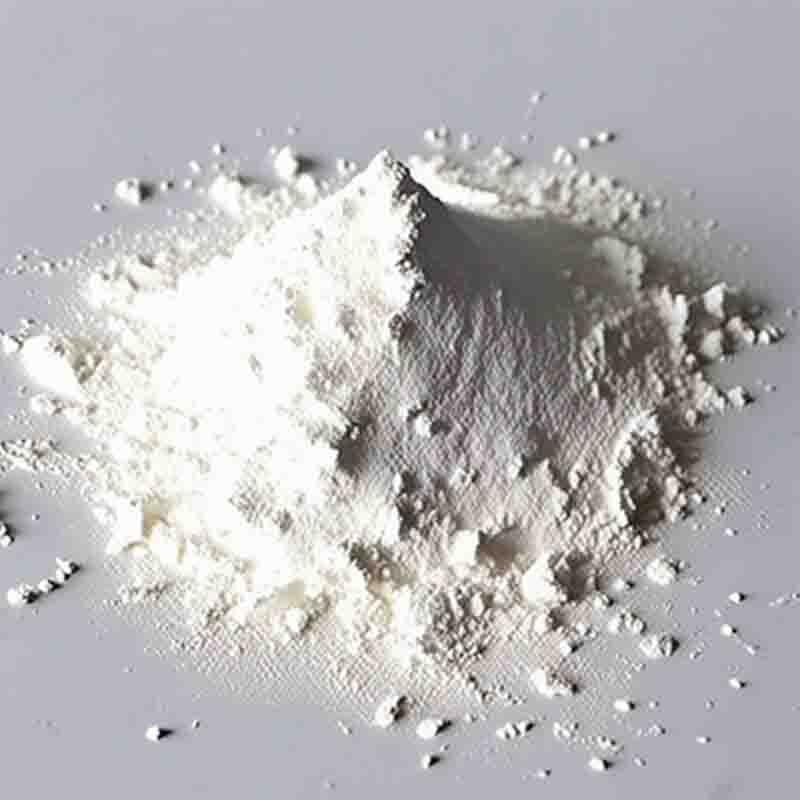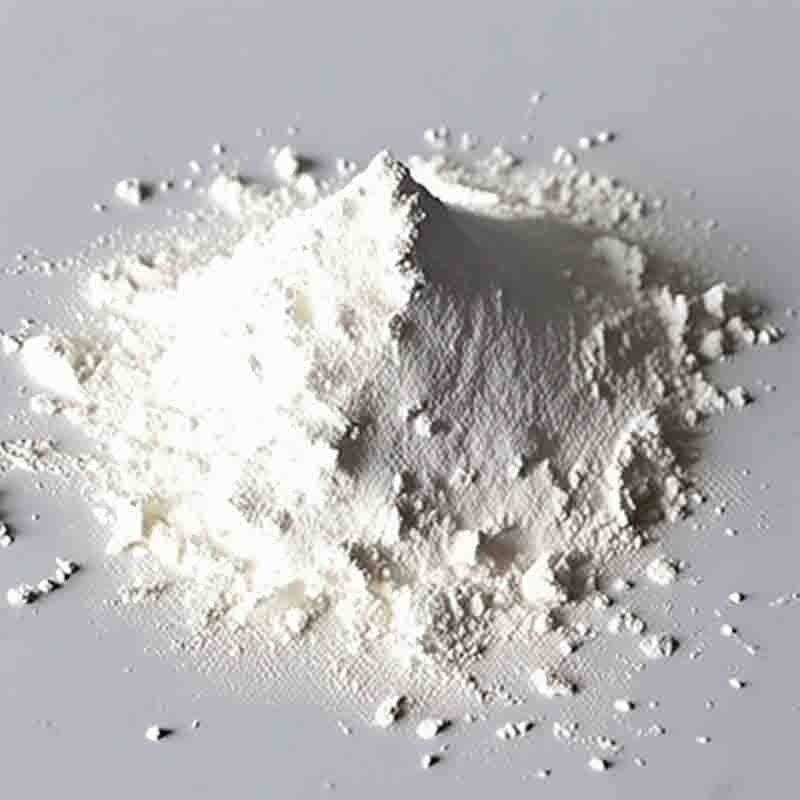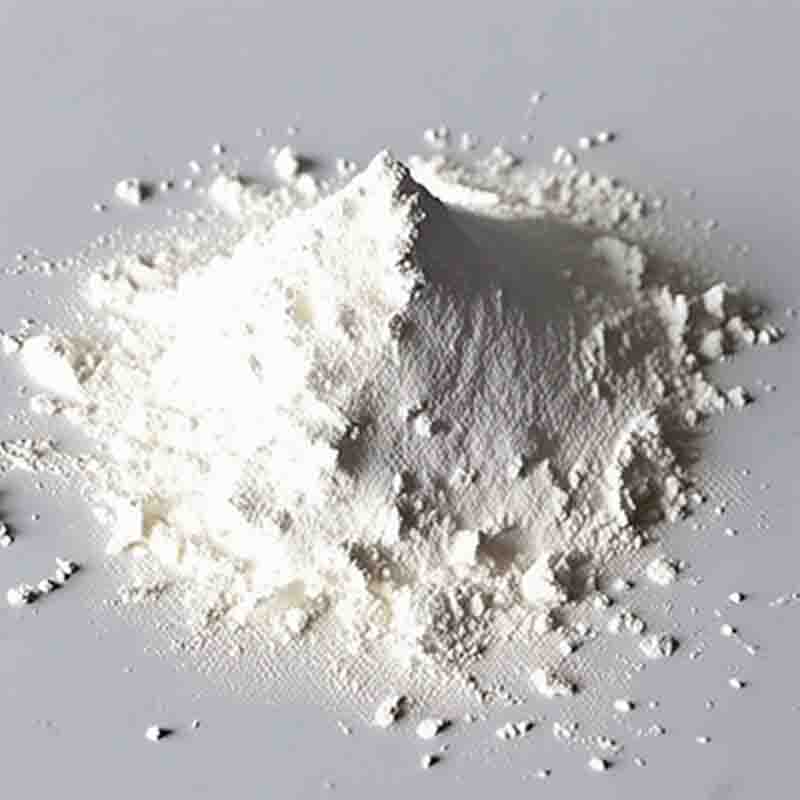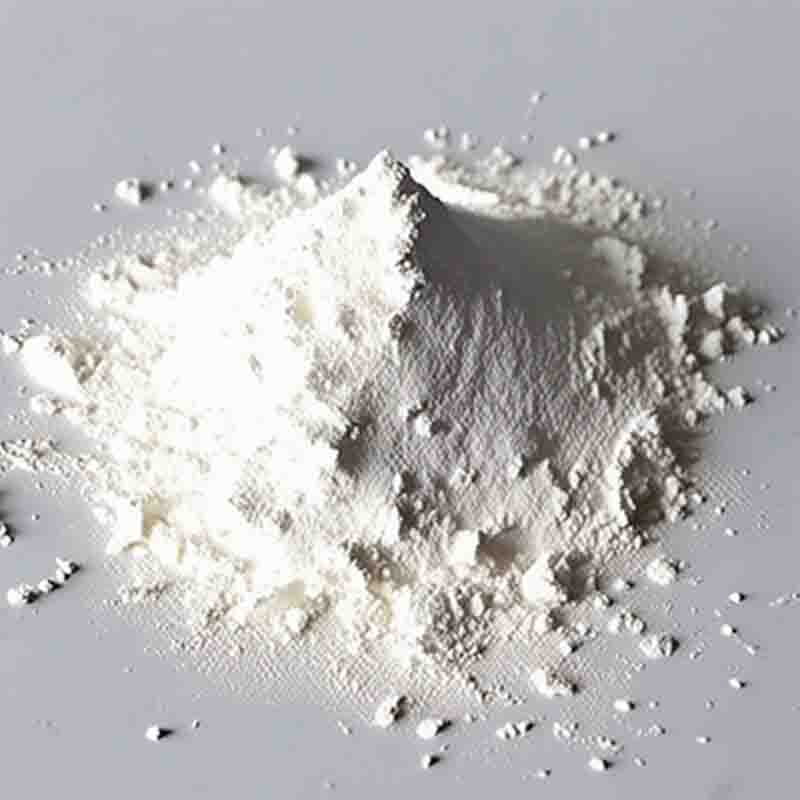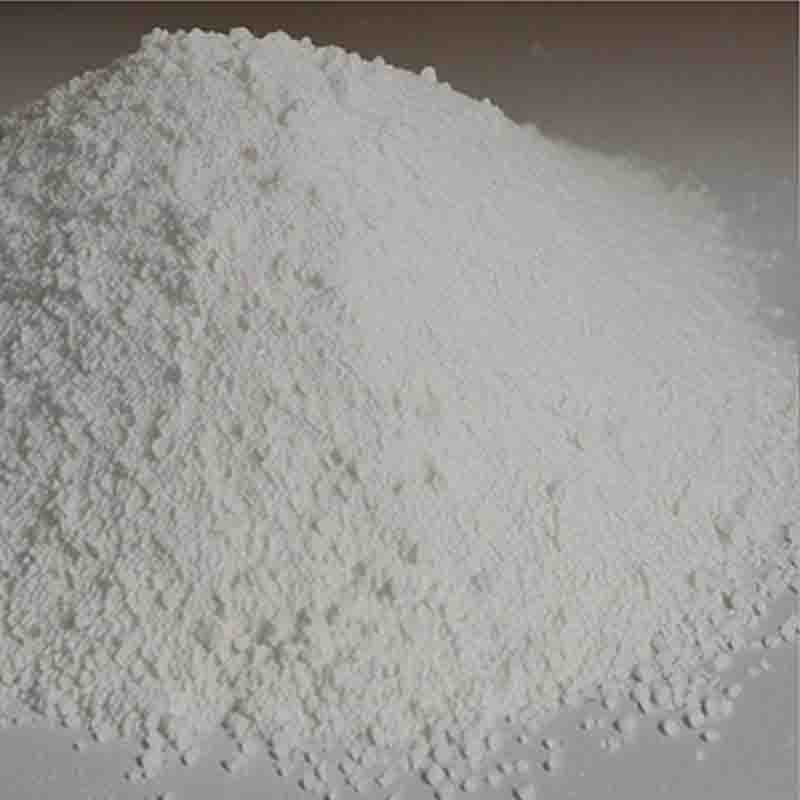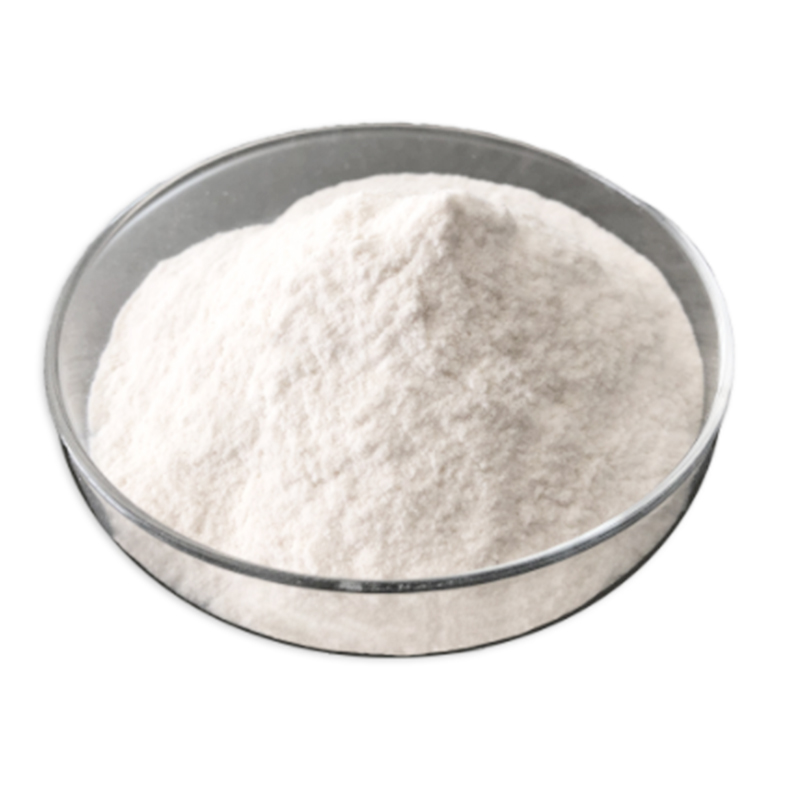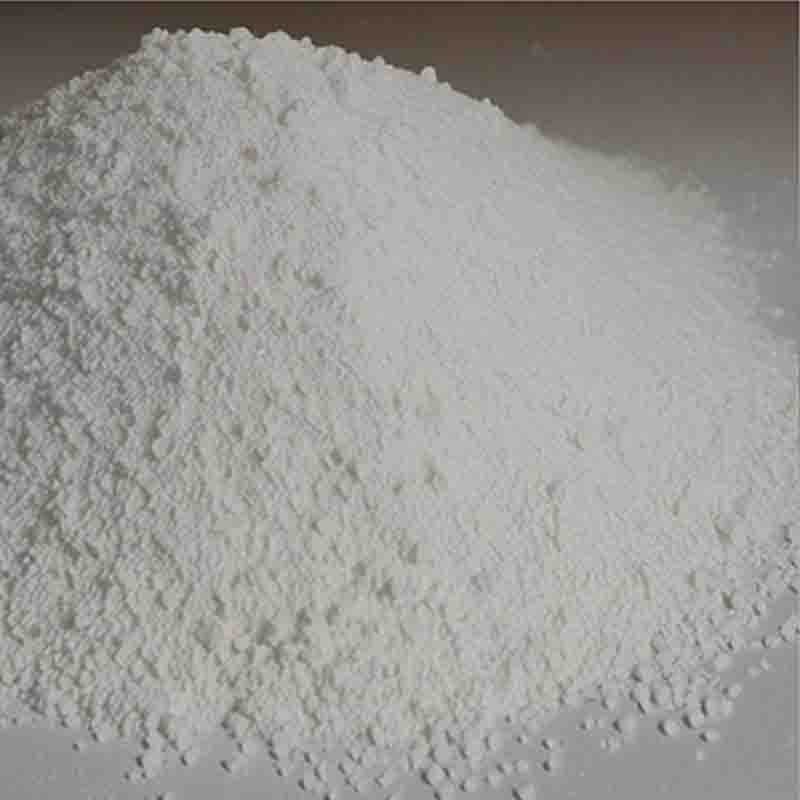Methylcoumalate CAS:6018-41-3
| Catalog Number | XD94697 |
| Product Name | Methylcoumalate |
| CAS | 6018-41-3 |
| Molecular Formula | C7H6O4 |
| Molecular Weight | 154.12 |
| Storage Details | Ambient |
Product Specification
| Appearance | White powder |
| Assay | 99% min |
Methylcoumalate, also known as methyl 2-oxo-4-phenylbutyrate, is a chemical compound with diverse effects and potential applications. In this response, we will explore its effects and potential uses within a 300-word limit.One of the primary effects of methylcoumalate is its potential as an anticonvulsant. Epilepsy is a neurological disorder characterized by recurrent seizures, and anticonvulsant medications are used to manage and prevent these seizures. Studies have shown that methylcoumalate exhibits anticonvulsant activity, making it a potential candidate for the development of new antiepileptic drugs. By acting on specific pathways involved in seizures, methylcoumalate could provide a therapeutic benefit to individuals with epilepsy.Additionally, methylcoumalate has been studied for its potential neuroprotective effects. Neurodegenerative diseases, such as Alzheimer's and Parkinson's, involve the progressive death of neurons in various regions of the brain. Neuroprotective compounds aim to prevent or slow down this neurodegeneration and preserve brain function. Methylcoumalate has been shown to have antioxidant and anti-inflammatory properties, which are important in combating the oxidative stress and inflammation associated with neurodegenerative diseases. These properties make methylcoumalate a potential candidate for further investigation in the development of neuroprotective therapies.Furthermore, methylcoumalate has demonstrated potential antibacterial activity. Antibacterial compounds are essential in the treatment of infectious diseases caused by bacteria. Studies have suggested that methylcoumalate exhibits antibacterial effects against certain bacterial strains. Although further research is necessary, these findings indicate that methylcoumalate could be explored as a potential antimicrobial agent.Moreover, methylcoumalate has been investigated for its anticancer properties. Cancer is a complex disease characterized by uncontrolled cell growth and proliferation. Natural compounds with anticancer properties, such as methylcoumalate, are of great interest in cancer research. Studies have shown that methylcoumalate demonstrates cytotoxic effects on cancer cells and possesses the potential to induce apoptosis (programmed cell death) and inhibit tumor growth. These findings highlight the potential of methylcoumalate in the development of new anticancer therapies.In summary, methylcoumalate exhibits a range of effects and potential therapeutic applications. It shows promise as an anticonvulsant, making it a potential candidate for the treatment of epilepsy. Its neuroprotective properties suggest possible applications in the prevention and management of neurodegenerative diseases. Methylcoumalate's antibacterial activity suggests potential antimicrobial applications, and its anticancer properties make it a subject of interest in cancer research. Further studies and investigations are vital to fully explore the potential of methylcoumalate and its application in various fields, including epilepsy management, neuroprotection, antimicrobial therapies, and anticancer treatments.


